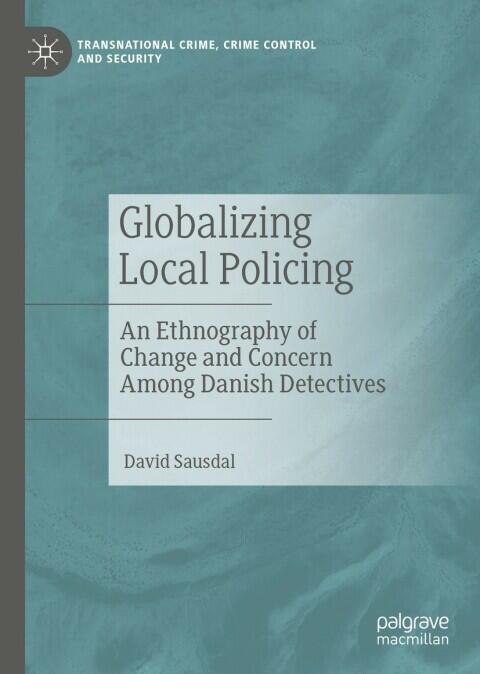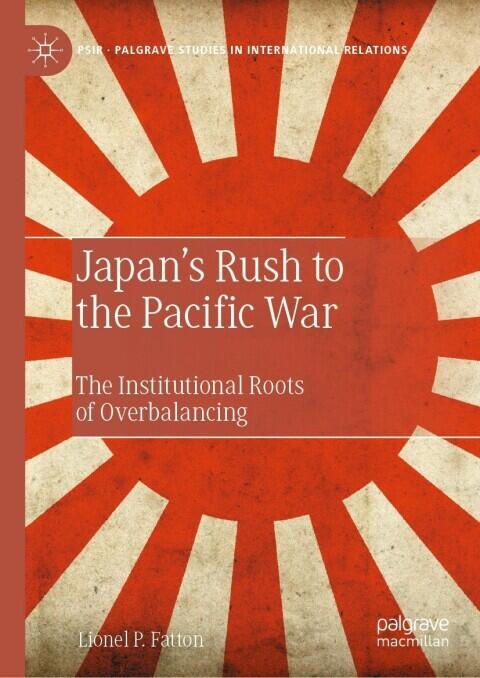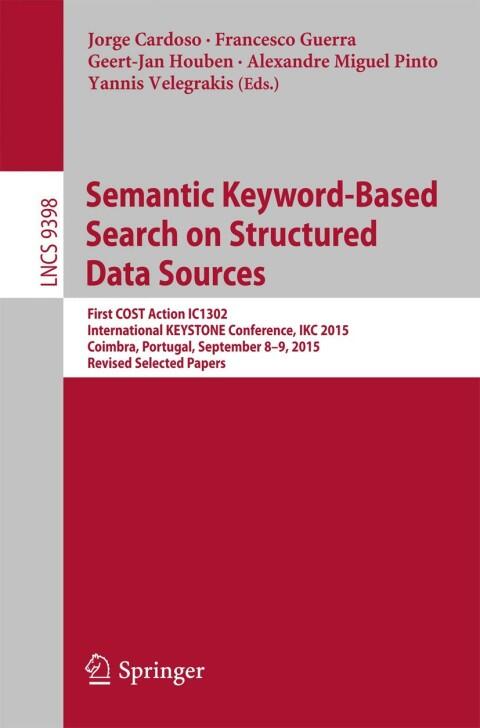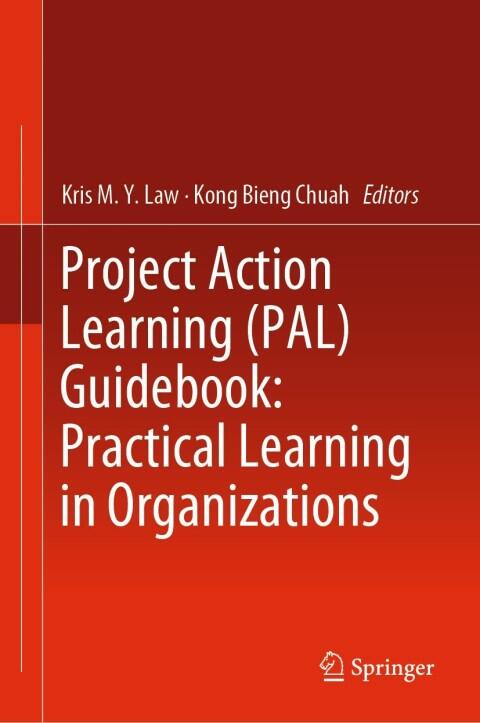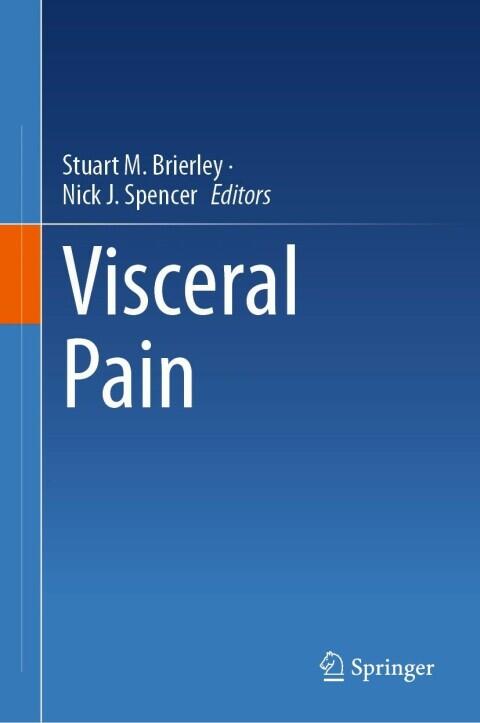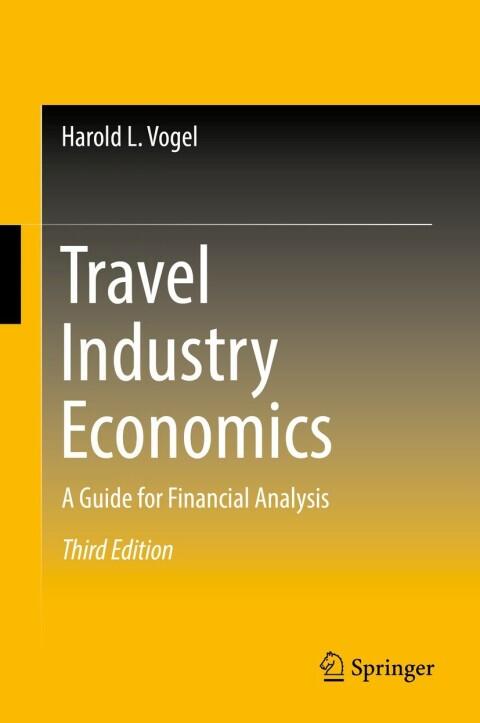
Travel Industry Economics: A Guide for Financial Analysis
还没有评分
Science & Technology
History
Business & Economics
+1
more
格式
Kindle
页数
615
语言
德语
已发布
Jan 1, 2016
出版商
Springer
版本
3
ISBN-10
3319274759
ISBN-13
9783319274751
描述
Harold L. Vogel offers a deep dive into the financial intricacies of the travel industry, making complex concepts accessible to a broad audience. His expertise provides a solid foundation for understanding the various economic factors that play a pivotal role in the world of travel and tourism. This guide is an essential resource for anyone looking to enrich their understanding of how financial analysis impacts the travel sector.
The book meticulously breaks down the industry's economic landscape, highlighting key trends and challenges faced by travel businesses. Vogel's analytical approach not only frames the financial underpinnings but also illustrates the broader implications of investment decisions on the industry's future. Readers will appreciate the clarity with which he articulates intricate economic principles, providing insights that are applicable to both seasoned professionals and newcomers alike.
Through his thorough exploration, Vogel also emphasizes the importance of sound financial practices within the travel sector. He discusses how financial health directly influences growth and sustainability, a topic of increasing importance in today’s dynamic market. The emphasis on practical examples and case studies enhances the learning experience, allowing readers to connect theoretical knowledge with real-world applications.
Ultimately, this guide serves as both a textbook for students and a practical handbook for industry practitioners. Vogel’s analysis not only educates but also challenges readers to think critically about the economic forces shaping the travel industry, making it a valuable addition to their professional library.
The book meticulously breaks down the industry's economic landscape, highlighting key trends and challenges faced by travel businesses. Vogel's analytical approach not only frames the financial underpinnings but also illustrates the broader implications of investment decisions on the industry's future. Readers will appreciate the clarity with which he articulates intricate economic principles, providing insights that are applicable to both seasoned professionals and newcomers alike.
Through his thorough exploration, Vogel also emphasizes the importance of sound financial practices within the travel sector. He discusses how financial health directly influences growth and sustainability, a topic of increasing importance in today’s dynamic market. The emphasis on practical examples and case studies enhances the learning experience, allowing readers to connect theoretical knowledge with real-world applications.
Ultimately, this guide serves as both a textbook for students and a practical handbook for industry practitioners. Vogel’s analysis not only educates but also challenges readers to think critically about the economic forces shaping the travel industry, making it a valuable addition to their professional library.
